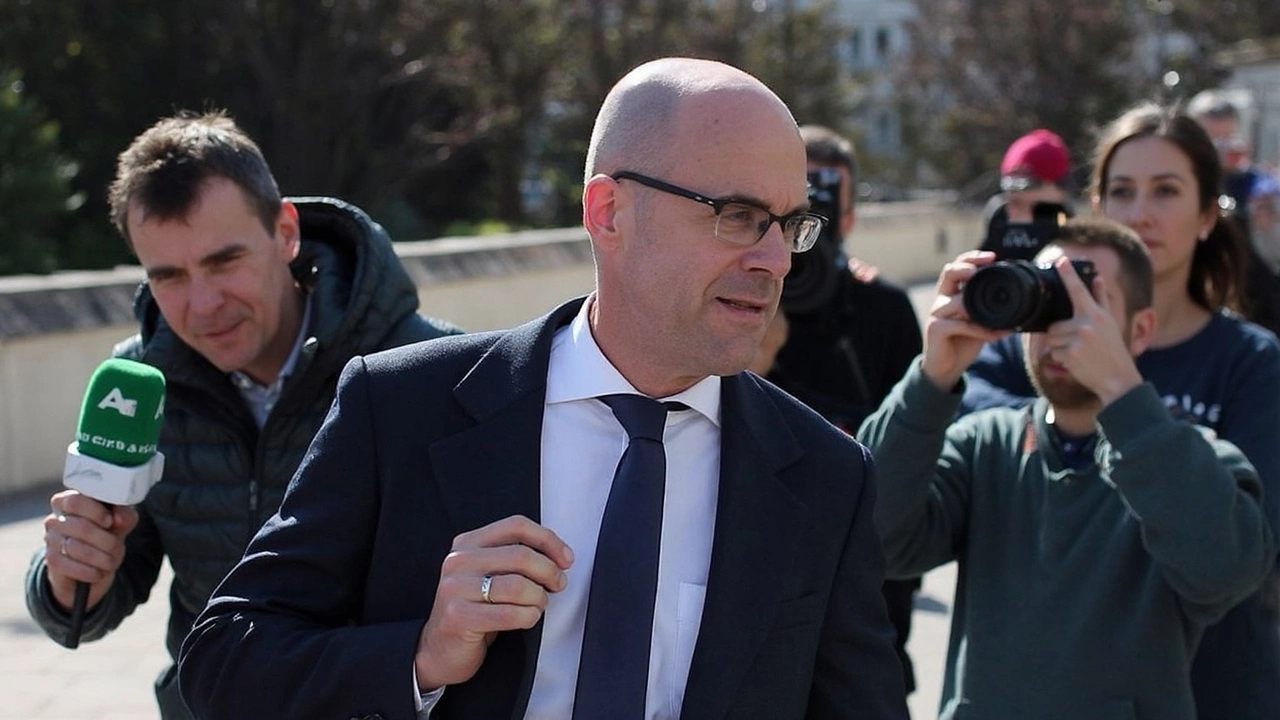FIFA Ban: What It Is and Why It Happens
Ever wondered why a club suddenly can't play an international match or why a star player disappears from the lineup? Most of the time it’s a FIFA ban. In plain terms, a FIFA ban is a punishment handed out by world football’s governing body when rules are broken. It can hit clubs, national teams, or individual players, and the effects are felt by everyone who follows the game.
Common Reasons for a FIFA Ban
FIFA isn’t vague about the things that trigger a ban. Here are the most frequent offenders:
1. Transfer rule violations. If a club signs a player outside the proper transfer window or ignores paperwork, FIFA can step in and block the player from playing for a set period.
2. Financial misconduct. Trouble paying wages, failing to honor transfer fees, or breaching club licensing standards can all lead to a suspension.
3. Match‑fixing or betting scandals. Any hint that a game was manipulated will draw swift action, often resulting in multi‑year bans for the individuals involved.
4. Breaches of player eligibility. Using an ineligible player in a competition – for example, a player who isn’t properly registered – automatically triggers a sanction.
5. Disrespecting officials or severe on‑field misconduct. A red card is one thing, but physical assault on a referee or repeated violent behavior can earn a longer ban.
How a Ban Affects Teams and Players
When FIFA steps in, the fallout spreads quickly. A club that can’t field a new signing loses the chance to boost its squad, often hurting its league position. National teams may miss out on key players during qualifiers, which can change the outcome of a whole campaign.
Players face personal setbacks too. A ban can mean missing critical matches, losing endorsement deals, and seeing their market value drop. For fans, it’s frustrating to watch a favorite player sit on the bench because of paperwork errors or financial issues that are out of anyone’s control.
Financially, clubs may have to pay fines on top of the ban itself. Sponsors can pull out, and ticket sales may dip if the ban dampens excitement around a big game. In some cases, the ban even forces a club to sell players to stay afloat.
Despite the drama, bans also send a clear message: FIFA expects everyone to play by the same rules. Those who respect the regulations generally enjoy smoother seasons, while rule‑breakers get punished in a way that’s visible to the whole football community.
If you’re following a story about a FIFA ban, keep an eye on official statements from the federation, the club’s response, and any appeal process. Most bans are announced with a specific timeline, so you’ll know exactly when the restriction lifts.
In short, a FIFA ban isn’t just a headline – it reshapes squads, finances, and fan experience. Knowing why it happens and what it means helps you stay ahead of the game, whether you’re a casual supporter or a die‑hard follower of the sport.
